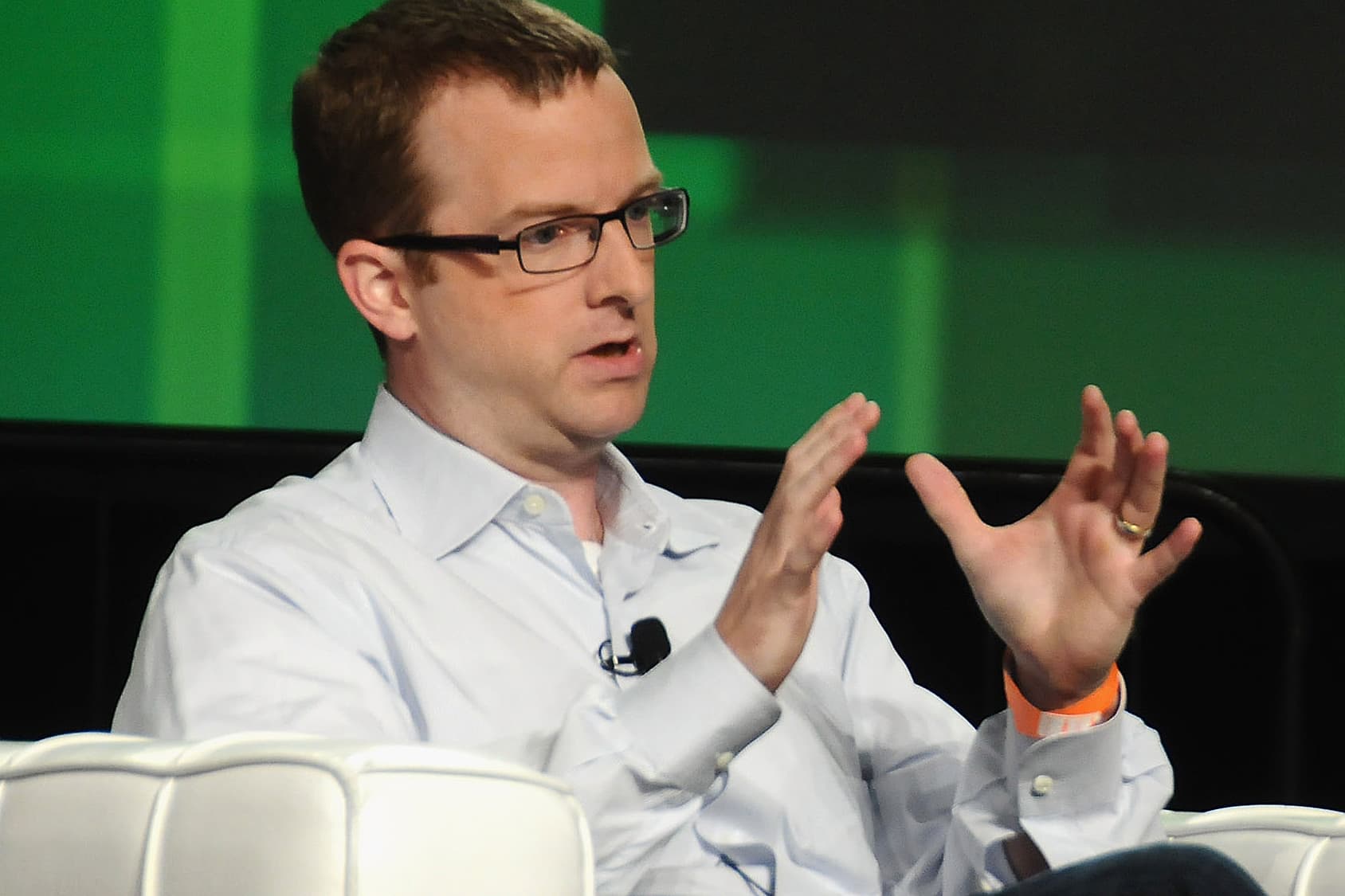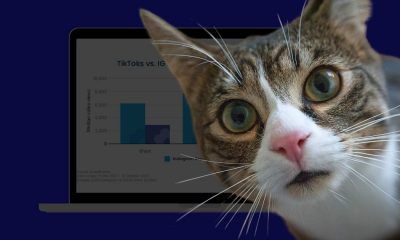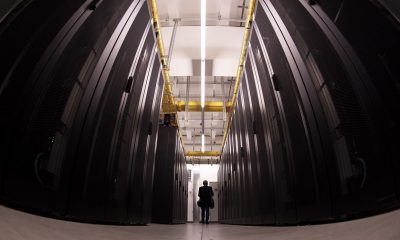SOCIAL MEDIA NEWS
Facebook CTO says tech pessimism is ‘founded on real concerns of the negative impacts of technology’
Mike SchroepferGetty ImagesFacebook’s Chief Technology Officer Mike Schroepfer believes the pessimism surrounding technology in the world today is “founded on real concerns of the negative impacts of technology.” In an interview on Tuesday with the president of the Oxford Union, the Oxford University debating society, Schroepfer said that in some cases “we haven’t really always done the homework upfront” and thought about what a “bad actor” might do with a particular product before releasing it.A Facebook spokesperson told CNBC on Wednesday that he was talking about the tech industry as a whole as opposed to Facebook specifically. The social media giant has been widely criticized for a range issues including the spread of hate speech and misinformation, influencing elections, being addictive, and failing to keep children safe on its platform.”The thing that’s often true of new technologies and advancements is they often have very clear, acute examples where things change or are disruptive,” said Schroepfer. “It may be a loss of jobs or a new form of scammer abuse. It’s something that’s really easy to understand as ‘bad.’ And then they have very generalized improvements in the quality of life. So if I say I’ve increased the GDP overall by 3%, I’ve made everyone slightly more prosperous, but it’s harder to weigh against these very acute, specific harms.”Schroepfer said it’s up to technologists to try to minimalize or eliminate these harms from the beginning, adding that he wants to help people understand the world wouldn’t be what it is today without technology.”If you go back, 50 years, 100 years, 300 years, and you look at how life was different then versus now, the biggest change in my mind is technology,” he said. “300 years ago, most of us would be subsistence farmers. Our average life expectancy would be half of what it is today.”Schroepfer added: “It’s important for us all to be real about the risks, but still be optimistic about the better future we can build.”A.I. pushSchroepfer said one of the main areas that Facebook is investing in is artificial intelligence, which has been hailed as a technology that could bring about a new industrial revolution.Facebook set up a dedicated AI research lab around the same time that Google acquired London AI research lab DeepMind in 2014. Facebook AI Research, as the lab is known, is now spread across multiple offices around the world.”In the first five years or so at Facebook, honestly a lot of our focus was just trying to keep up with scaling the site,” said Schroepfer. “There was a lot of technology and infrastructure work that had to be built to make sure that as millions, or tens of millions, of new people use their products the whole thing didn’t crash and burn.”Once Facebook had grappled with scaling, Schroepfer said the company was able to start thinking about the next 10 years, adding that AI was making a breakthrough around the time.”We realized we didn’t want to be reading other people’s (AI) research papers and trying to reimplement them,” he said. “We wanted to be pushing this at the frontier. We looked at a lot of technological areas and made a very explicit choice to build a research lab focused exclusively on AI, rather than a generalized research center, because we just felt like if we put all of our energy there, there’s so much that AI could do to Facebook and to the world.”AI software now underpins many of Facebook’s products and Schroepfer said the company’s push into AI has worked out better than he hoped.He pointed out that Facebook’s Oculus headset doesn’t work without computer vision, which is a field of AI that allows computers to “see” the world around them. AI software also allows Portal, Facebook’s video chat device, to automatically pan and zoom the camera. On the main Facebook platform, AI is used to translate languages and remove content that violates its policies. However, it doesn’t spot everything, and humans still play a significant role.Artificial General IntelligenceAI keeps on advancing but Schroepfer isn’t as concerned as Tesla CEO Elon Musk about it being a serious danger to humans any time soon.”I am in a very particular spot here,” said Schroepfer. “There are narrow AIs and there are generalized AIs.”Narrow AI can excel at specific tasks whereas generalized AI can do multiple things well. Developing artificial general intelligence is often seen as the holy grail in AI.”Generalizability and transfer learning is an unsolved problem in AI research in general,” said Schroepfer. “We’re quite a way away from a generalized intelligence,” he continued, adding that “this is what the worst of the worst fears of AI is.”
Source link













